- Home
Page 4
Page 4
 Divergent
Divergent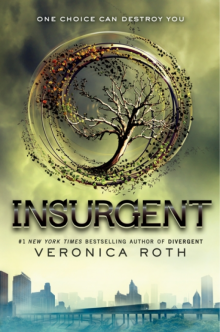 Insurgent
Insurgent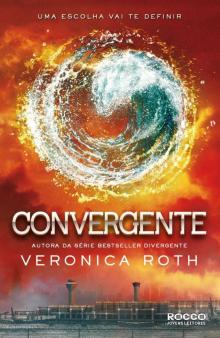 Allegiant
Allegiant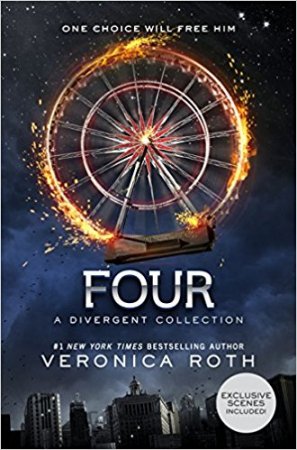 Four: A Divergent Collection
Four: A Divergent Collection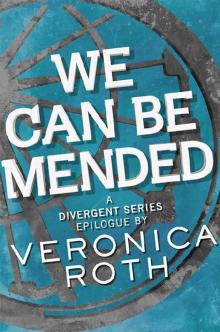 We Can Be Mended
We Can Be Mended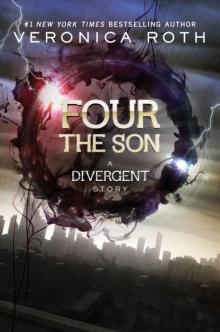 The Son
The Son The Transfer
The Transfer The Traitor
The Traitor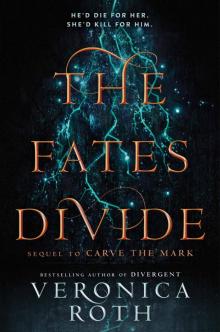 The Fates Divide
The Fates Divide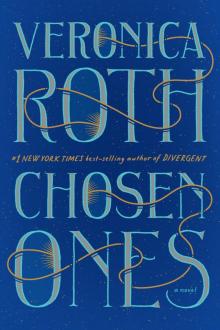 Chosen Ones
Chosen Ones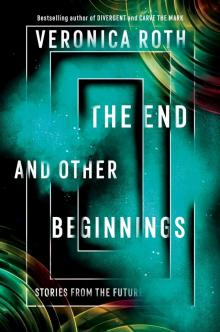 The End and Other Beginnings
The End and Other Beginnings The Transfer: A Divergent Story
The Transfer: A Divergent Story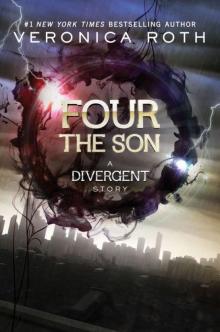 Four_The Son
Four_The Son Divergent dt-1
Divergent dt-1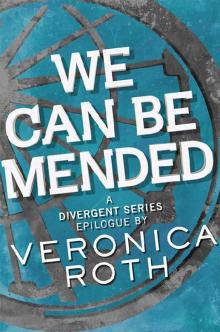 We Can Be Mended_A Divergent Story
We Can Be Mended_A Divergent Story![Ark [Forward Collection] Read online](http://i1.bookreadfree.com/i1/03/31/ark_forward_collection_preview.jpg) Ark [Forward Collection]
Ark [Forward Collection] Four_The Traitor
Four_The Traitor 10.22.13_The World of Divergent_The Path to Allegiant
10.22.13_The World of Divergent_The Path to Allegiant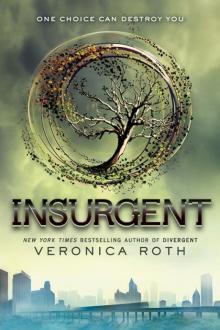 Insurgent (Divergent)
Insurgent (Divergent) The Divergent Series Complete Collection
The Divergent Series Complete Collection Divergent Collector's Edition
Divergent Collector's Edition Four_The Initiate
Four_The Initiate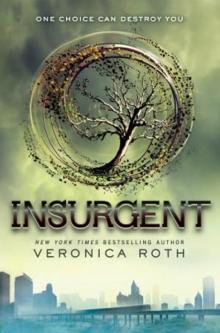 Insurgent d-2
Insurgent d-2